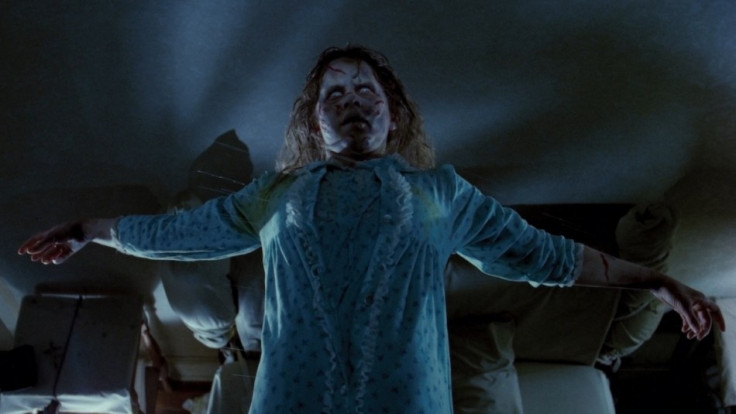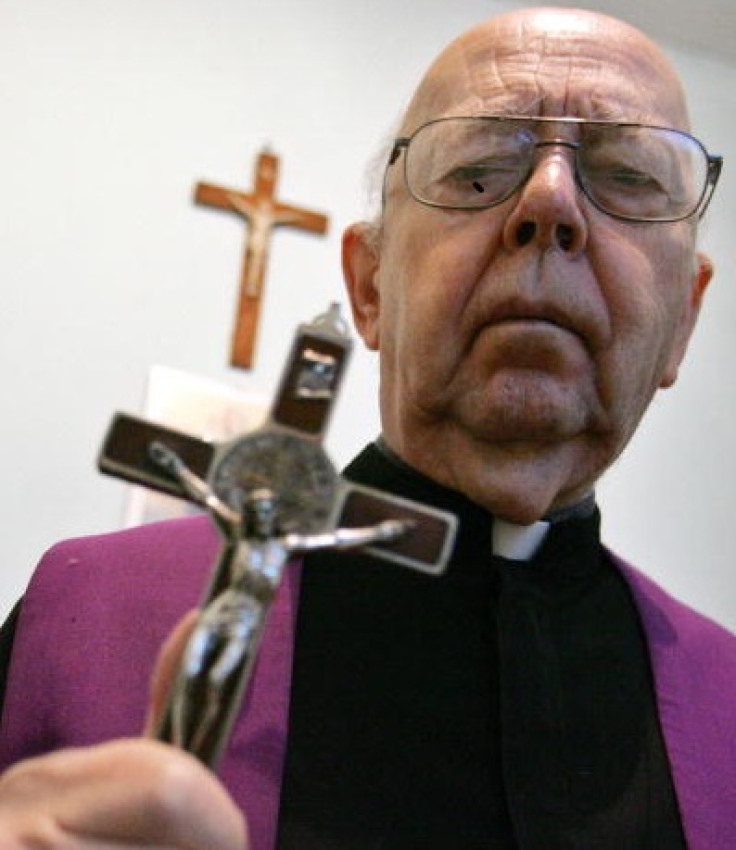Abortion, Harry Potter and pornography behind rise in exorcisms
There is a 'greater interest' in exorcism, according to Catholic experts.

The life of a modern-day exorcist is far from glamorous. Cases of genuine demonic possession are rare, despite alcoholism and a decline in orthodox Christian faith eroding defences against diabolical influence, according to one practitioner.
Most of an exorcist's time is taken up in distinguishing between people who had come under the control of evil powers and those with mental health problems.
Two of the Catholic Church's expert exorcists in Britain told The Times that there has been an increase in requests to have demonic presences exorcised from people's homes.
"It's true to say there is a greater interest in exorcisms," said one priest, in his early 50s, who is an exorcist in the archdiocese of Southwark, covering central London and Kent. "There are lots of reasons. Popular culture is full of the preternatural.
"Young people are watching things about vampires and Harry Potter and, however, much people claim to have moved away from mainstream religion, there remains the need to believe in something invisible.
"It's normal for humans to have a morbid fascination with the idea of a battle with evil and, to paint a caricature, the exorcist coming like a wizard to help."
According to the Times, the priest also identified "abortion as a factor" in cases involving possession.
Each of the 22 Catholic dioceses in England and Wales is asked by the Vatican to appoint an exorcist. The priests, who asked not to be named, told the Times that symptoms of possession could include "an ability to predict events or suddenly speak a new language or a sudden violent fear of holy objects, such as the case of a worshipper who found herself screaming blasphemies at a statue of the Virgin Mary".
"You have to distinguish between mental illness and demonic influence," said a priest in his 70s, one of four exorcists in the archdiocese of Liverpool, who added that the two could co-exist, as trauma could make people vulnerable.

"Only when it is obvious there's something other than mental illness going on would we get involved. Otherwise, I would pray with them but say 'You should go to your GP.'"
The Southwark priest, who works with a retired psychologist, performs exorcisms on only 5% of candidates, with 10 in the past year.
The Vatican's chief exorcist, Gabriele Amorth, who also condemned Harry Potter as well as yoga as "Satanic", performed 100,000 exorcisms before his death last week.
The priests interviewed by the Times are not the only exorcists to warn that the battle against Satan requires continual vigilance.
"Satan is always looking for people with no relationships or broken relationships," Father Gary Thomas, the Diocese of San Jose's official exorcist, told Beliefnet. "So one can be a Catholic and be baptised, and still have a demonic problem because of doors that have been opened, or that have been opened for them."
Father Thomas, whose experiences training in exorcism became the basis of the 2011 Anthony Hopkins-starring film The Rite, warned that faith alone is not enough to guard against evil.
"Evangelicals and fundamentalists, at least some, would say that baptism guarantees a kind of eternal protection. Well, in my experience, that's not true," he said.
© Copyright IBTimes 2024. All rights reserved.





